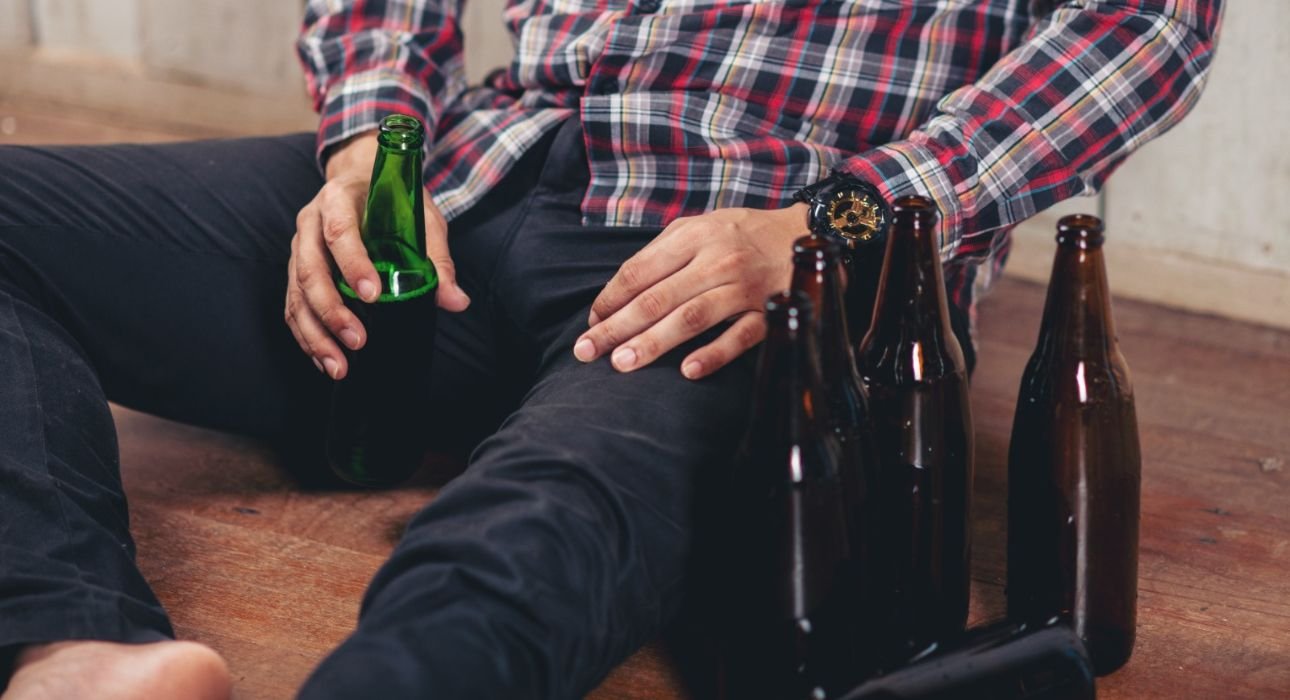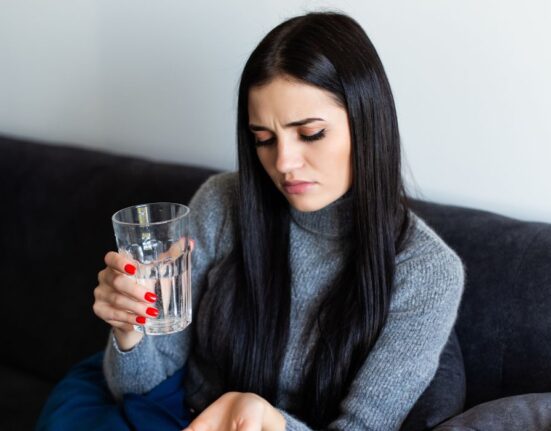Atrial fibrillation or A-Fib is the usual type of abnormal heartbeat. If the heart rhythm of the patient is off or beats too fast, it is called arrhythmia. Although many things can cause A-Fib, some doctors might overlook the role of too much alcohol. The risk of developing sudden cardiac arrest is unchanged by the amount of alcohol someone has, though its consumption may be related to its onset. Can alcohol consumption be a reason for someone to develop A-Fib? The findings are yes, and the situation turns out to be more complicated than just thinking that too much is always wrong.
What Is the Condition Atrial Fibrillation?
Before we get into the nuances of the connection between a fib and alcohol, it is important to understand what the condition is. When the heart is in atrial fibrillation, its upper chambers (the atria) beat chaotically and faster than usual. The result? Blood flow may not be normal, and as a result, a person might get clots. Blood clots may lead to strokes or other major health conditions.
How can you discover if you are dealing with A-Fib? The way symptoms present can be very different from one person to another. Some people feel heart palpitations, face shortness of breath, extreme fatigue, chest ache or become dizzy as a result. There are cases when no symptoms are present in patients. If not handled, A-Fib may have continued negative consequences.
Effects of Alcohol on the Heart
Alcohol can create issues in the cardiovascular system in several ways. While a little red wine may have been linked to heart health in some individuals, such research does not help when it comes to A-Fib. More and more studies are showing that alcohol may cause A-Fib to start or recur. In many ways, alcohol drinking can affect the onset or progression of A-Fib.
- Electrophysiological Disruption: Alcohol causes disturbances in how the heart’s electrical system functions, which increases the risk of irregular heart rhythms.
- Autonomic Nervous System Changes: One of the effects of alcohol is on the autonomic nervous system. It manages body functions, such as the heart, that happen automatically. Because of impairment caused by alcohol, people are more likely to experience A-Fib.
- Structural Changes in the Heart: Prolonged and large amounts of alcohol drinking can gradually make the heart muscles less strong. This situation, therefore, raises the risk for A-Fib and other heart-rhythm problems.
- Dehydration and Electrolyte Imbalance: Drinking alcohol makes you urinate more and can lead to dehydration. The person goes to the bathroom too often, which leads to a shorter fluid and electrolyte supply. Good heart health needs these nutrients.
What is known as the “Holiday Heart Syndrome”
Researchers saw that sudden A-Fib cases often happened in people who had frequent heavy drinking on holidays or weekends. A sudden attack of A-Fib can happen to those without heart disease following drinking excessively. A number of patients say that A-Fib appeared after a session of heavy drinking. While these episodes can be transient, they often indicate a predisposition and an increased likelihood of recurrence, particularly if alcohol use continues.
Research Evidence Linking Alcohol and A-Fib
A number of studies have investigated how alcohol affects atrial fibrillation. Studies in The New England Journal of Medicine showed that having a daily drink can raise a person’s risk of getting A-Fib. Likewise, a recent study in JAMA Cardiology found that the chance of getting A-Fib was raised by about 8% for each regular drink added to a person’s daily intake. When alcohol was avoided for six months, many of the participants who had previous A-Fib episodes had fewer relapses in a different study. It learned that changing one’s lifestyle could improve both the function of the heart and its rhythms.
What Amount Is Excessive?
People who drink more run a higher risk of cirrhosis. Even small or moderate alcohol consumption may cause serious problems for some, according to studies we have discussed. Some health issues can make the problem worse, such as:
- An increase in blood pressure
- Sleep apnea
- Obesity
- Diabetes
- Cardiovascular disease
- Genetic predisposition
Just one glass of alcohol may induce palpitations or arrhythmia in some patients. Because the effects of A-Fib differ for every person, there can’t be a single safe amount of alcohol for everyone with the condition.
Ways to Cut the Risk That Alcohol Causes A-Fib
If concerned that alcohol may be affecting your heart rhythm, you might want to try the following steps:
- Track Your Consumption: Keep a record of the drinks you drink during the day.
- Avoid Binge Drinking: Having a lot of alcohol in a short time can increase the chances of developing A-Fib, try to limit this.
- Know Your Triggers: List down the situations that caused your drinking, the actions you had at that time and how much alcohol you drank.
- Talk to Your Doctor: Your doctor could suggest adjusting your way of life, your medicines or testing you with various exams.
- Limit or Abstain: Take smaller amounts of alcohol or give it up to help reduce A-Fib episodes. It is best to quit using it entirely.
Conclusion: Is Alcohol Worth the Risk?
Could drinking alcohol result in A-Fib? The short answer is yes, and only a few drinks might be needed. The effect of alcohol on health is not always reduced by drinking less than usual. A-Fib episodes can be triggered in people who have risk factors or A-Fib by drinking alcohol. Managing A-Fib mainly involves understanding your risks and making changes to your way of life that improve heart health. If you are worried that alcohol might lead to symptoms, don’t put it off. Rather than drinking, choosing not to can really improve your life and help protect your heart.













Leave feedback about this